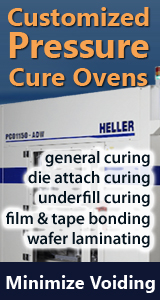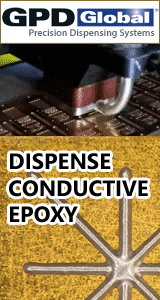Printed Circuit Board Assembly & PCB Design Forum
SMT electronics assembly manufacturing forum.
- SMTnet
- »
- Electronics Forum
- »
- Lead-Free Formulation Selection
Lead-Free Formulation Selection
![]() Bob: Some people suggest different lead-free solder formul...
- Jul 20, 2000
by
davef
Bob: Some people suggest different lead-free solder formul...
- Jul 20, 2000
by
davef
![]()
![]()
![]()
![]() Personally I would go for one alloy it just makes it all si...
- Jul 20, 2000
by
Bob Willis
Personally I would go for one alloy it just makes it all si...
- Jul 20, 2000
by
Bob Willis
![]()
![]()
![]()
![]() What is "Open University"? How do I contact them?...
- Jul 20, 2000
by
C_Herder
What is "Open University"? How do I contact them?...
- Jul 20, 2000
by
C_Herder
![]()
![]()
![]()
![]() Here are the details for the OU
Lead-Free Project Introduc...
- Jul 20, 2000
by
Bob Willis
Here are the details for the OU
Lead-Free Project Introduc...
- Jul 20, 2000
by
Bob Willis
![]()
![]()
- SMTnet
- »
- Electronics Forum
- »
- Lead-Free Formulation Selection






